Maasai Olympics
Hunting For Medals, Not Lions
Lion Hunting History
For the Maasai, hunting and killing a lion is a traditional rite of passage. Additionally, it is a way to win the hearts of girls. The age-old tradition has been practiced for centuries. But the once strong Kenyan lion population is dwindling. Forty years ago, the lions of Kenya numbered around 250,000. Today, there are about 20,000.
Every 10 to 12 years, a new generation of Maasai warriors come into being and a group of elders (“menye layiok” in the Maasai language) is selected. They are charged with teaching the new generation of warriors about the traditions and culture of the Maasai warrior-hood.
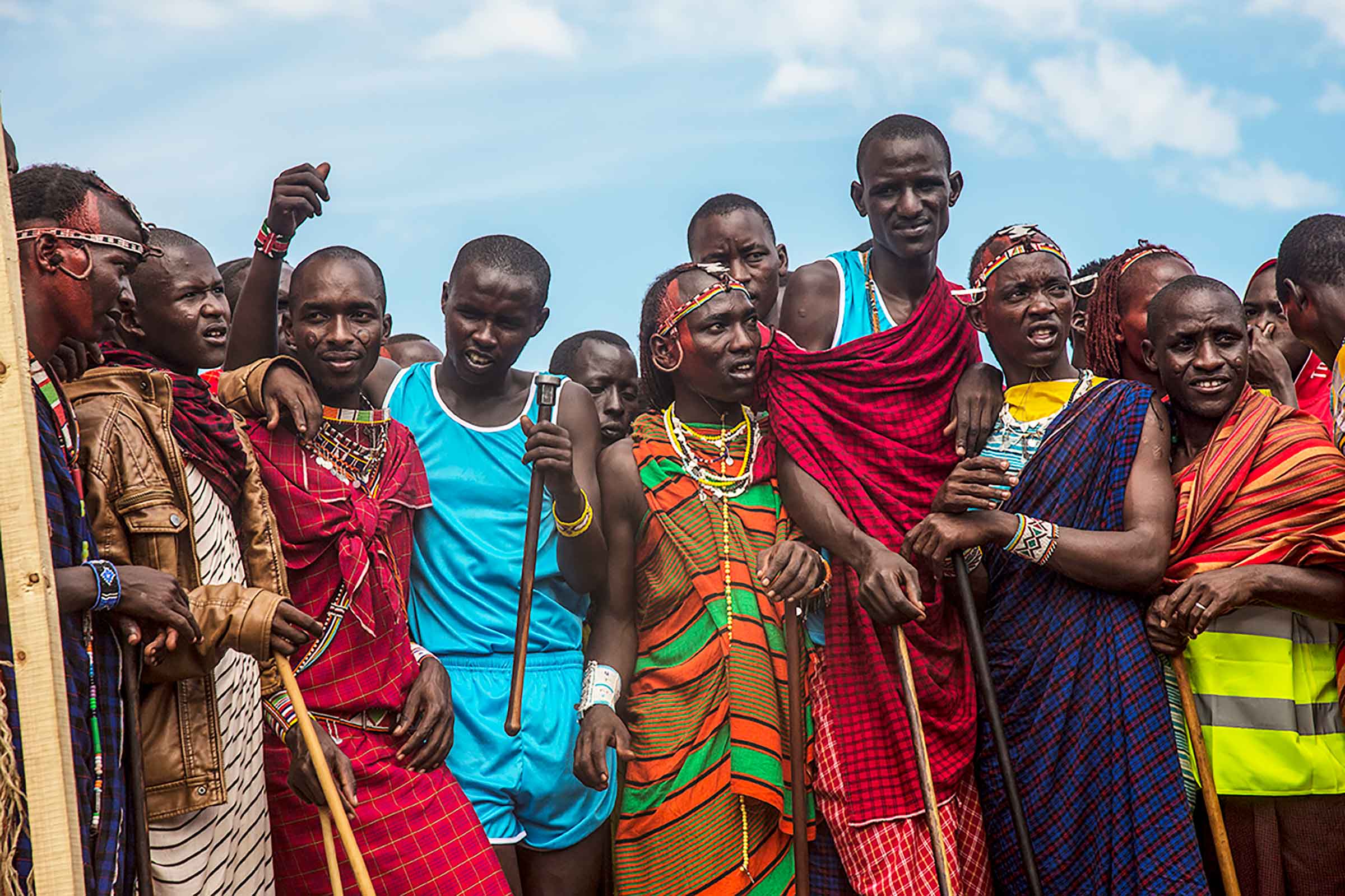
Concerned about the rate of killing and the diminishing numbers of lions, the current group of leaders in the Amboseli-Tsavo region knew something had to be done. In 2008, with the help of Big Life Foundation, they set out to make a change and eliminate lion hunting from the Maasai culture. Together they came up with an innovative conservation strategy (The Maasai Olympics) to both educate and provide an alternative way for the Maasai to earn status.
What is the Maasai Olympics?
The Maasai Olympics strategy is twofold. First, educate the Maasai that lion killing is no longer culturally accessible. Likewise, the killing of all wildlife species isn’t acceptable and must be stopped. In addition to the hunting ban, habitat conservation is the preferred way of life in the 21st century. Choosing not to follow the path of conservation could lead to devastating effects for the Maasai, including the loss of their noble way of life, traditional land, and ancient culture.
The second part of the strategy is the promotion of sports as an alternative way to earn status. This biennial sporting event is known as the Maasai Olympics. It hinges on the belief that it is better to “hunt for medals, not lions.”
Over the course of two years, the Maasai warriors receive conservation education and sports training. They compete in local and regional events against the other warrior villages in the Amboseli-Tsavo ecosystem.
The culminating event is the Maasai Olympics, an ecosystem-wide event that takes place in front of national and international media, celebrities, government officials, friends, family, and tourists. Warriors compete in rungu throwing for accuracy, javelin throwing, standing vertical high jump, 200-meter sprint, 800-meter sprint, and the 5K.
In the end, medals, scholarships, and invitations to the NYC Marathon are awarded. The ultimate prize, however, is a breeding bull for the winning village.
It’s an effective strategy too. Kenya has already seen the killing of lions reduced from forty a year to just one. That’s a win for everyone.
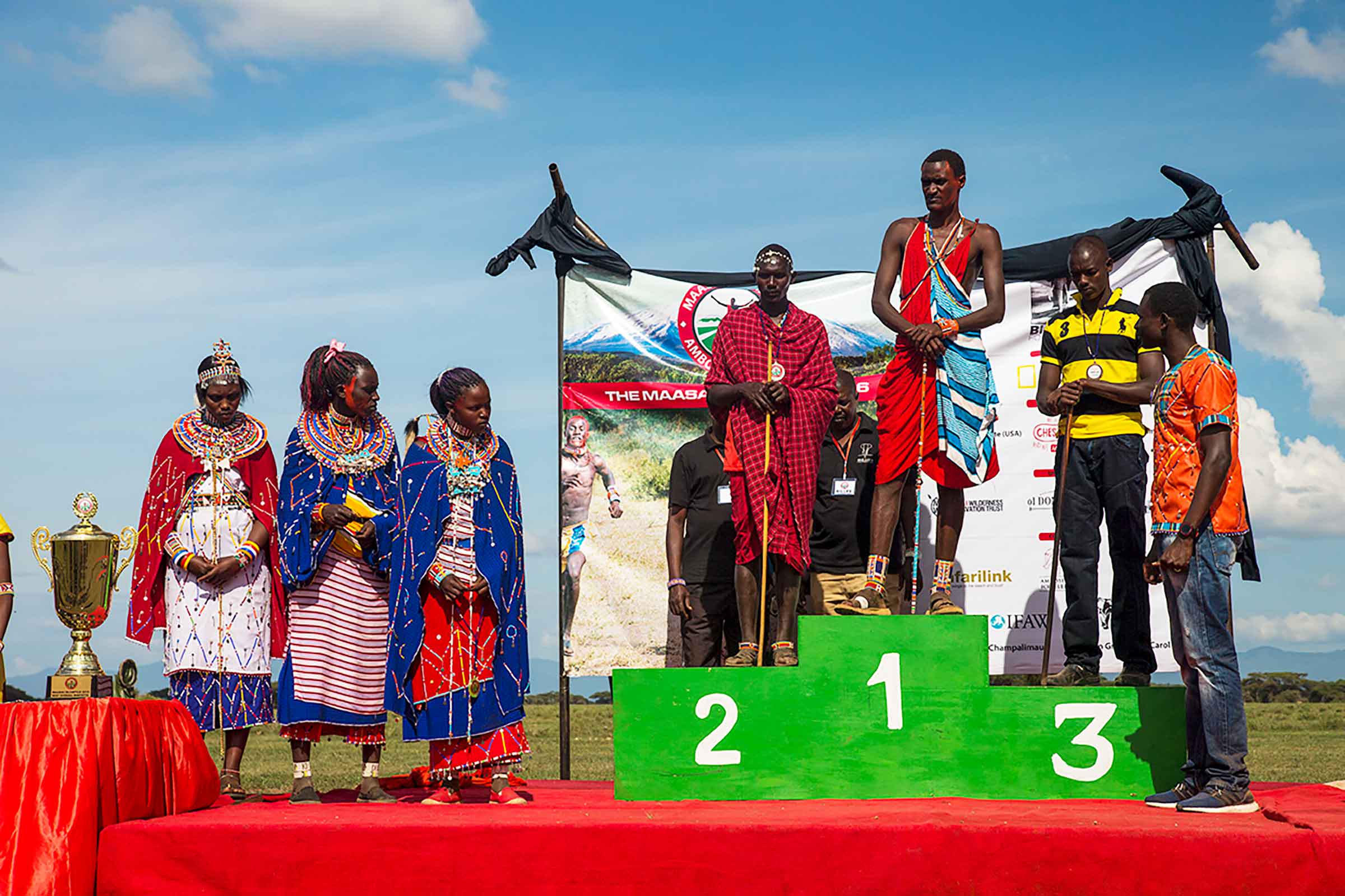
Maasai Olympics Partners
Ol Donyo Lodge sits in the Chyulu Hills, a corridor between Tsavo and Amboseli National Parks, not far from the site of the Olympics. Its location makes it a great option for a luxury safari in Kenya that includes cheering on local Maasai warriors at the games. And each guest that stays at the lodge directly contributes to projects like the Massai Olympics and the anti-poaching and conservation efforts of Big Life Foundation, a partner of ol Donyo Lodge and Great Plains Conservation.
Big Life Foundation is a nonprofit dedicated to protecting East Africa’s wildlife and habitats, particularly in the Amboseli-Tsavo-Kilimanjaro ecosystem. Their overarching goal is "to create a world where conservation supports the people, so that people support conservation." They employ hundreds of local Maasai rangers to conduct anti-poaching operations, monitor wildlife, and prevent human-wildlife conflicts, like crop-raiding by elephants.
The next opportunity to see the Maasai Olympics is in 2026. Dates are still pending, but you can start planning your safari now.
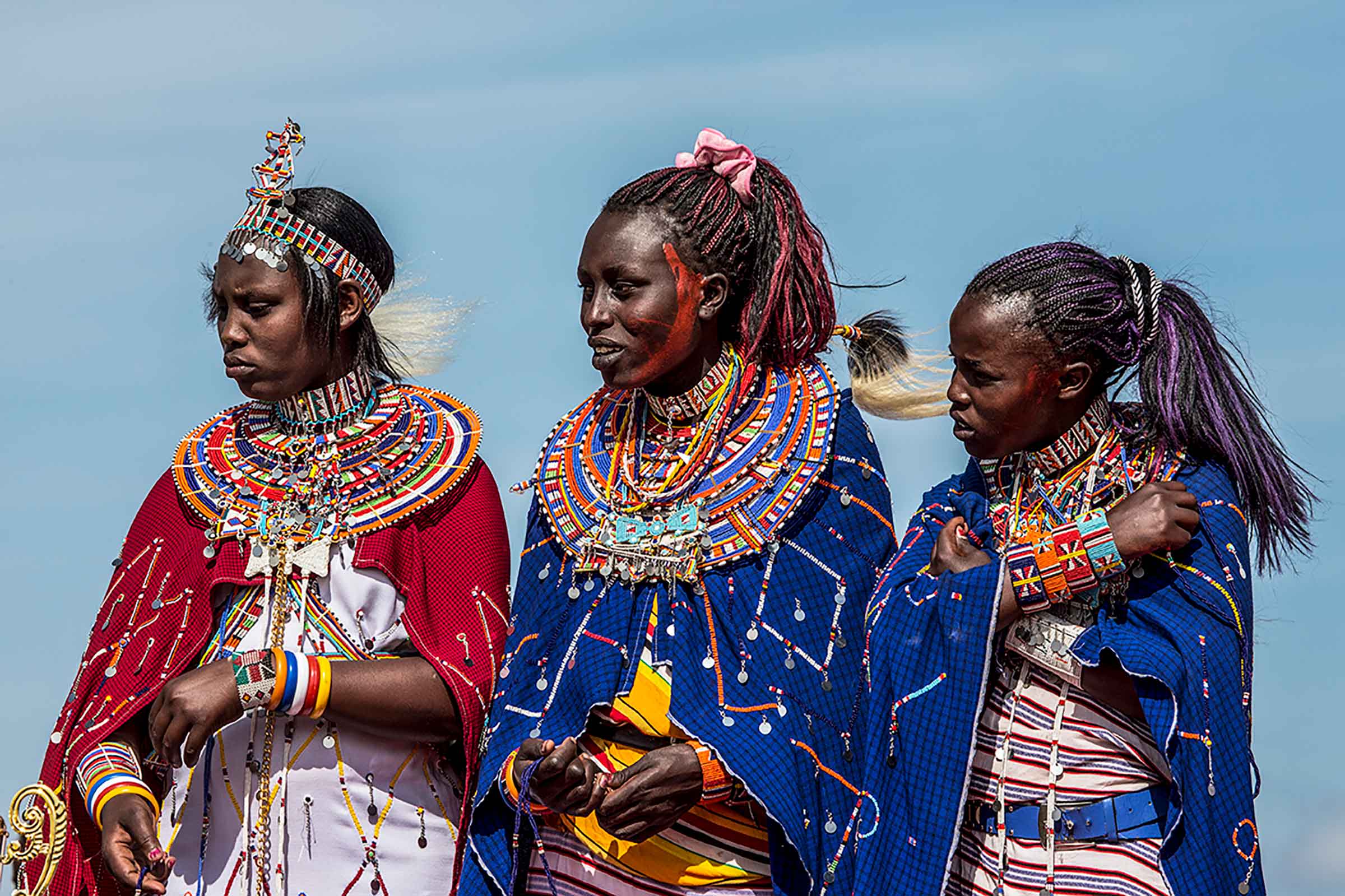
Interview with Craig Millar
The COO of Big Life Foundation
- How did you get involved with Big Life Foundation?
I first got involved with Big Life Foundation (BLF) in 2010/11 while at University, doing combined work experience and research for my dissertation. The 3 months I spent in the area working with BLF made me sure I wanted to work in conservation and that BLF was an organization that, should an opportunity present itself, I would love to be involved in.
Amboseli and the Chyulu Hills, in particular, are an area that I love. After finishing University I worked in Nairobi in a Private Security firm to gain experience, concentrating on the field of conservation. During this time I heard that BLF were recruiting for a Field Coordinator and I applied, within two weeks I was on site and working!
- What is the best thing about your job?
There are many things about my job that I love, I struggle to pick the top 5 let alone the number one! Among the things that motivate me the most are that I get to live in one of my favorite places on earth full-time, that the job never gets boring as there are always new projects and focuses as we adapt to a rapidly changing world.
But more than all these is a simple fact that we are making a difference. The elephants here are among the safest in Africa, both lion and elephant populations are growing, these are indicators of how effective BLF is. There are hardly any other areas in Africa that can cite similar successes.
In a world that is increasingly out of balance, it’s amazing to be part of something that is successfully working towards rectifying the natural order of things. Elephants and lions are important, but it’s the entire picture that is truly important. Keeping a functioning ecosystem viable has ramifications well beyond local wildlife and contributes to the health of our planet- the single biggest issue we are all facing.
- Where did the idea for the Maasai Olympics come from?
Like the Compensation program, the idea came from the local community. A group of local elders (called Menye Layiok which means “fathers of the young”) who culturally are in charge of educating the warrior (Moran) age groups in the warrior way of life came to BLF and said that in order for warriors to begin to truly understand that killing lions, retaliating against other wildlife and other traditional warrior duties (raiding other tribes or clans, or protecting their own clans) were no longer necessary or acceptable they had to be given other duties and things to do.
As a warrior’s status was derived from the performance of these things it was important that the new activity, whatever it was, touched on this in a major way. Sport was chosen as the best substitute, and the Maasai Olympics founded.
- How successful has the Maasai Olympics been in deterring warriors from hunting lions as a rite-of-passage?
Hugely successful, in combination with PCF lion killing has declined by over 90%. The lion population has gone from less than 20 to over 140 in 15 years. This increase in unprecedented in the whole of Africa, let alone outside of protected areas.
To start planning your journey to see the 2026 Maasai Olympics, contact your Luxury Travel Consultant. Stay up to date on all our online content by following us on Instagram, Facebook, and X.
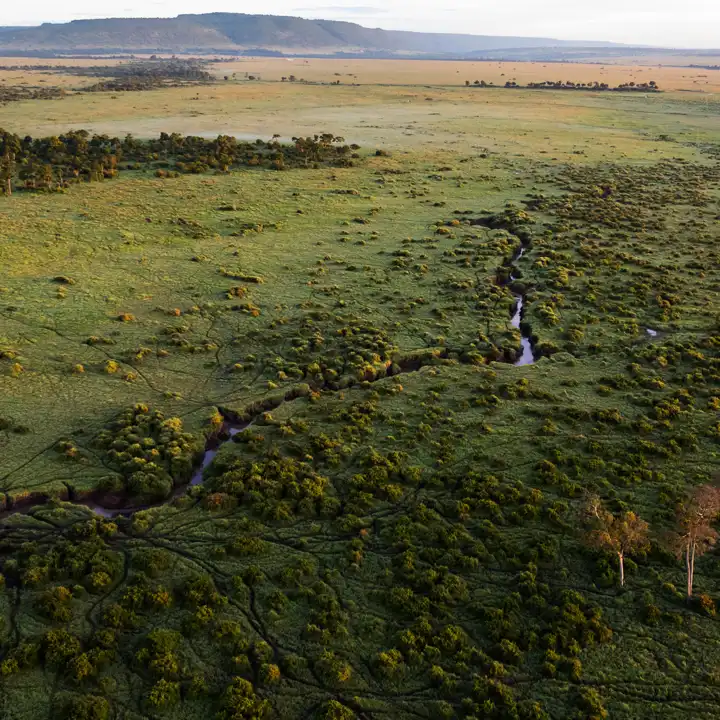
Kenya
Located on the equator, Kenya offers plains teeming with game, cultures as old as time and unchanged by the modern world, and vast African horizons stretching into eternity.
Discover Kenya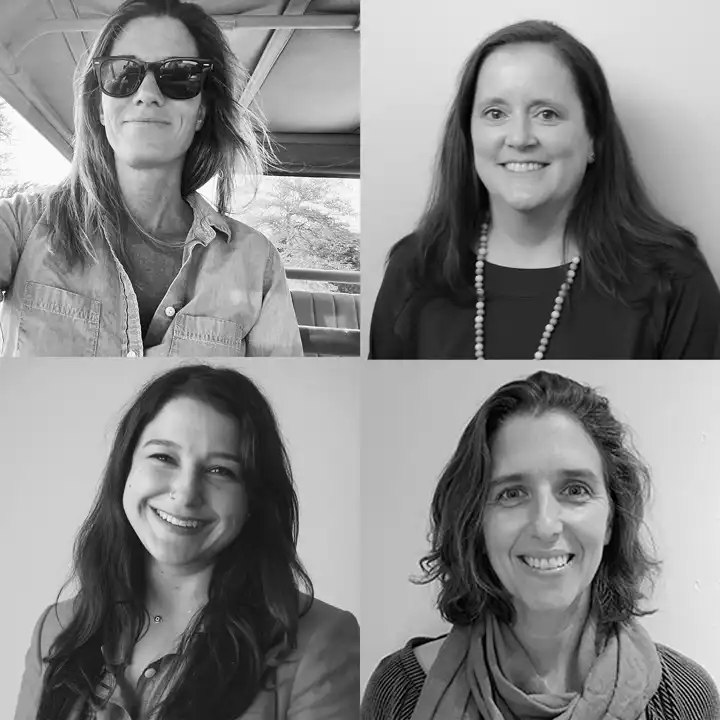
Talk to A Travel Designer
Get advice and suggestions to make this your perfect trip.
Or give us a call at 800.423.4236.
Inquire NowSee What We Are Up To
Subscribe to our Weekly Newsletter for Travel Tips and Insider Guides for Planning your Next Journey!
